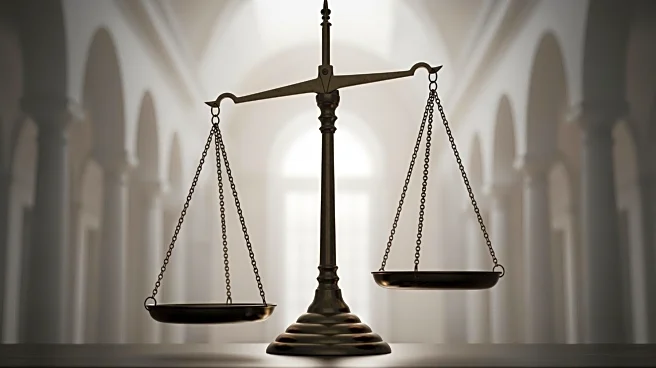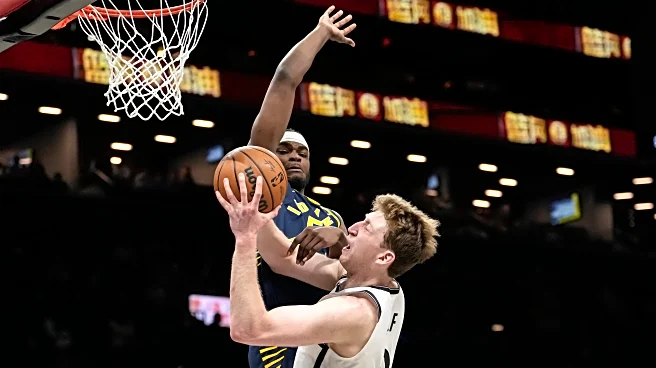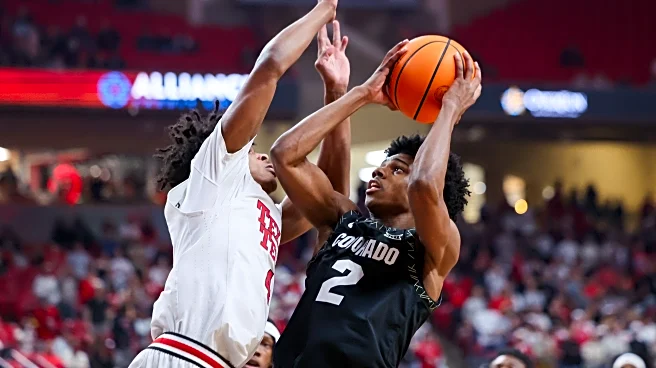What's Happening?
U.S. District Judge Sara Ellis has permitted the deposition of Gregory Bovino, the top U.S. Border Patrol Commander-At-Large, in a lawsuit concerning the treatment of protesters in Chicago. The lawsuit challenges
the federal government's actions during the Trump administration's deportation campaign, specifically focusing on the enforcement methods used against protesters. Judge Ellis has set strict limits on the deposition, allowing questions only about the enforcement methods and potential constitutional rights violations, not the broader strategy behind targeting Chicago. The deposition is part of preparations for a preliminary injunction hearing scheduled for November 5.
Why It's Important?
This legal development is significant as it addresses the balance between law enforcement practices and constitutional rights during protests. The case could have broader implications for how federal agencies conduct operations in urban areas, particularly in relation to immigration enforcement. The outcome may influence future policies and practices, potentially leading to changes in how federal agents engage with protesters and enforce immigration laws. The case also highlights ongoing tensions between federal authorities and local communities, with potential impacts on public trust and cooperation with law enforcement.
What's Next?
The upcoming preliminary injunction hearing on November 5 will be a critical juncture in the lawsuit. Depending on the outcome, there could be immediate changes to how federal agents operate in Chicago and possibly other cities. The case may also set a precedent for similar lawsuits across the country, influencing how federal agencies are held accountable for their actions during protests. Stakeholders, including civil rights groups and government officials, will be closely monitoring the proceedings, which could lead to further legal challenges or policy reforms.











